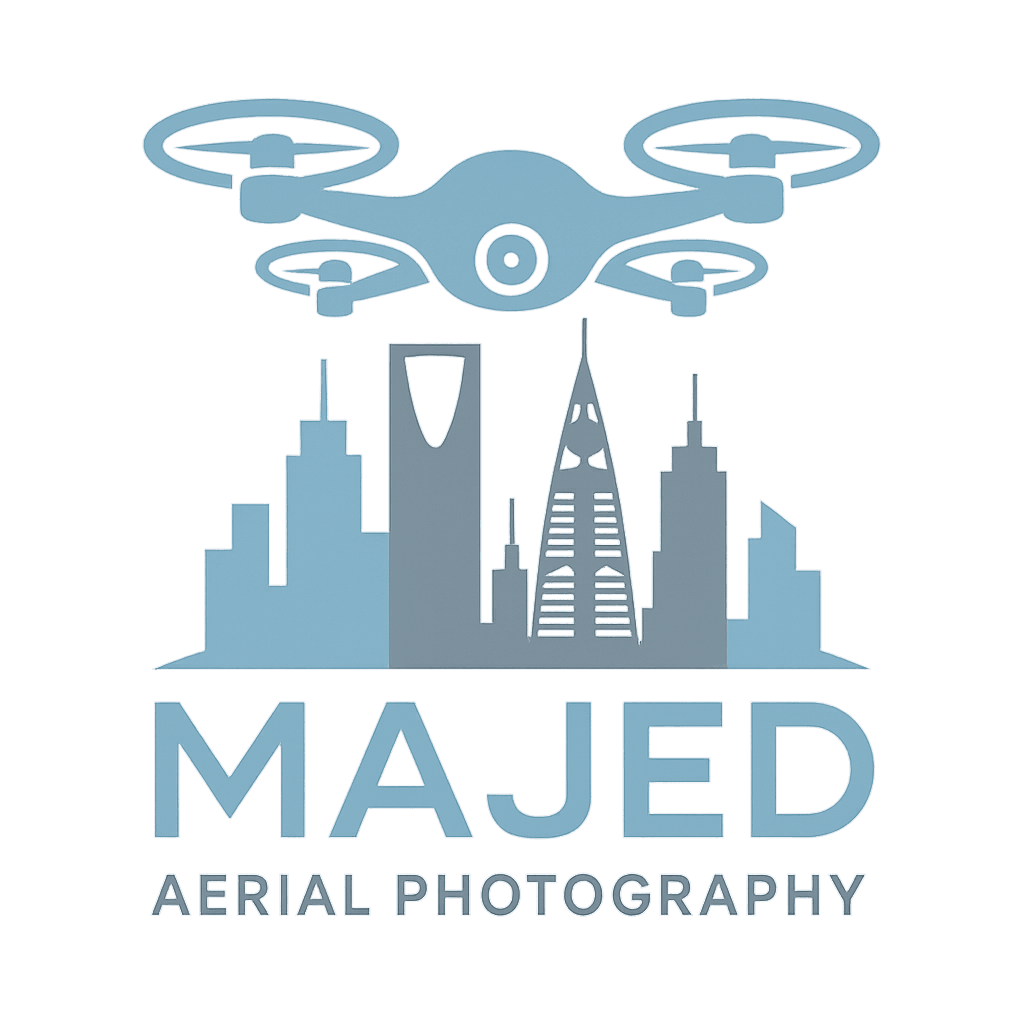Choosing the Right Drone for Aerial Surveys: A Comprehensive Guide
Understanding Your Needs
Choosing the right drone for aerial surveys starts with understanding your specific needs. Are you surveying large landscapes or small plots of land? The size of the area will influence the type of drone you need. Additionally, consider the level of detail required. High-resolution cameras are essential for detailed maps and models, while standard cameras may suffice for basic surveys.

Types of Drones
There are several types of drones available, each suited for different tasks. Fixed-wing drones are ideal for covering large areas quickly, but they require more space for takeoff and landing. Multirotor drones, on the other hand, are perfect for smaller areas and can hover in place for detailed inspections. Understanding the strengths and limitations of each type can help you make an informed decision.
Camera and Sensor Options
The camera and sensor options on a drone are crucial for capturing the necessary data. Consider drones equipped with high-resolution cameras, thermal sensors, or LiDAR technology, depending on your survey requirements. Investing in the right technology can greatly enhance the quality of your aerial surveys.

Battery Life and Flight Time
Battery life and flight time are key considerations when selecting a drone. Longer flight times allow for more extensive surveys without frequent interruptions for recharging. It's important to evaluate the drone's battery capacity and consider investing in additional batteries to extend your survey time.
Weather and Terrain Adaptability
Some drones are designed to withstand harsh weather conditions and challenging terrains. If your surveys will take place in areas with extreme temperatures or windy conditions, ensure your drone is built to handle such environments. Durability and adaptability are crucial for reliable performance.

Ease of Use and Software Integration
The ease of use and compatibility with survey software are important factors. Choose a drone that is user-friendly and integrates seamlessly with your existing software. This will streamline data processing and analysis, saving you time and effort in the long run.
Regulatory Compliance
Before purchasing a drone, ensure it complies with local regulations and laws. This includes registration requirements, flight restrictions, and any necessary permits. Staying informed about legal considerations helps avoid fines and penalties.
Budget Considerations
Finally, consider your budget. While high-end drones offer advanced features, there are also cost-effective options that provide excellent performance. Evaluate the features you need and find a balance between quality and affordability.

In conclusion, selecting the right drone for aerial surveys involves careful consideration of multiple factors. By understanding your needs, exploring different options, and ensuring regulatory compliance, you can find a drone that meets your requirements and enhances your surveying capabilities.
